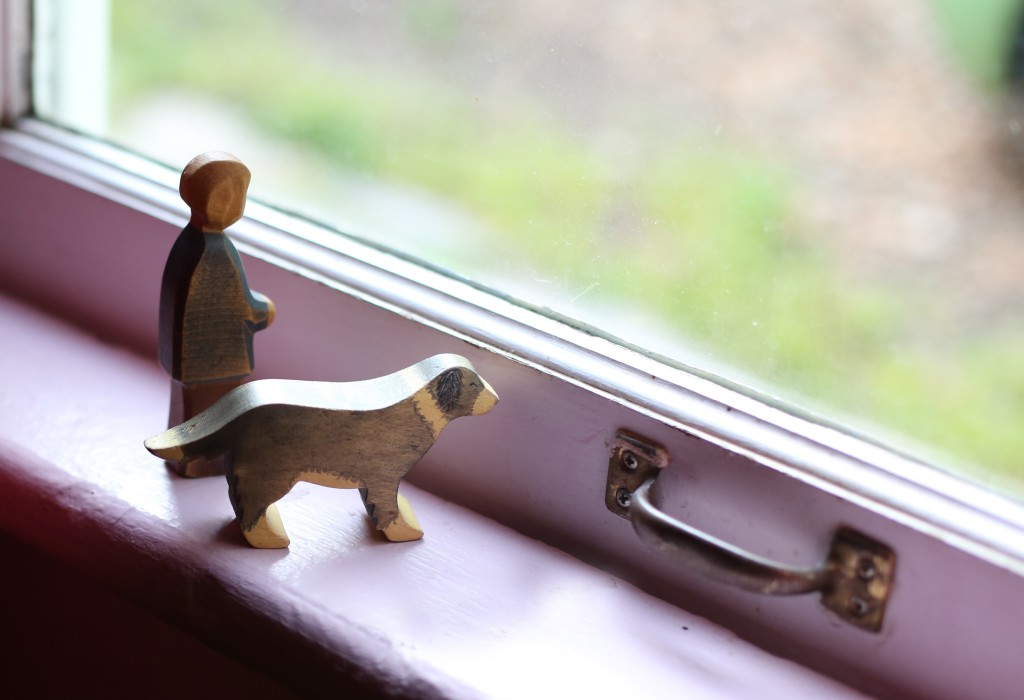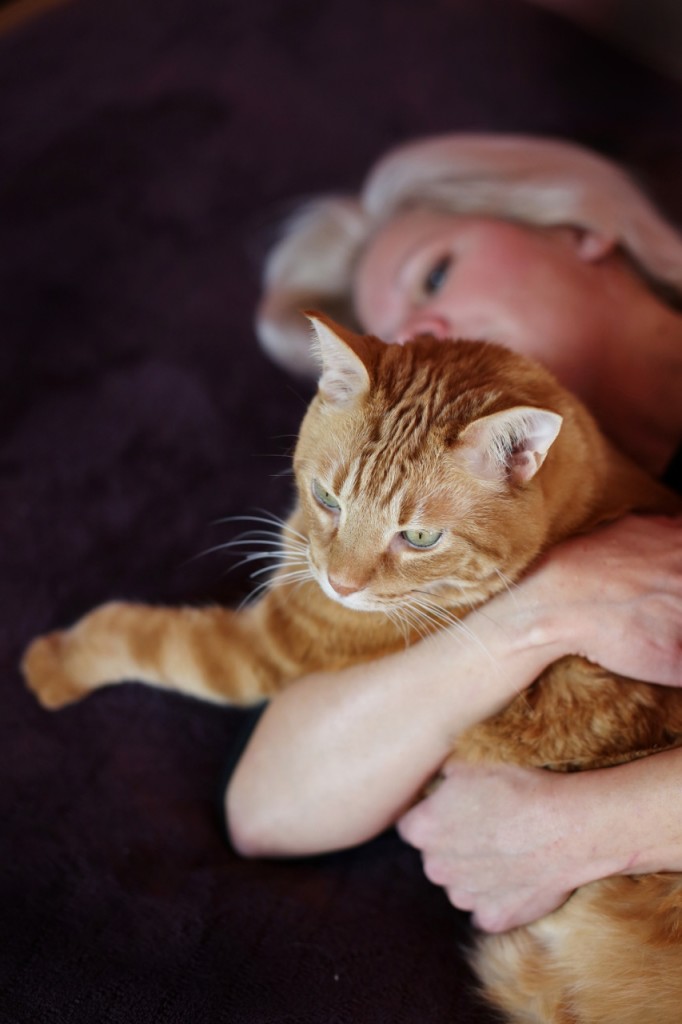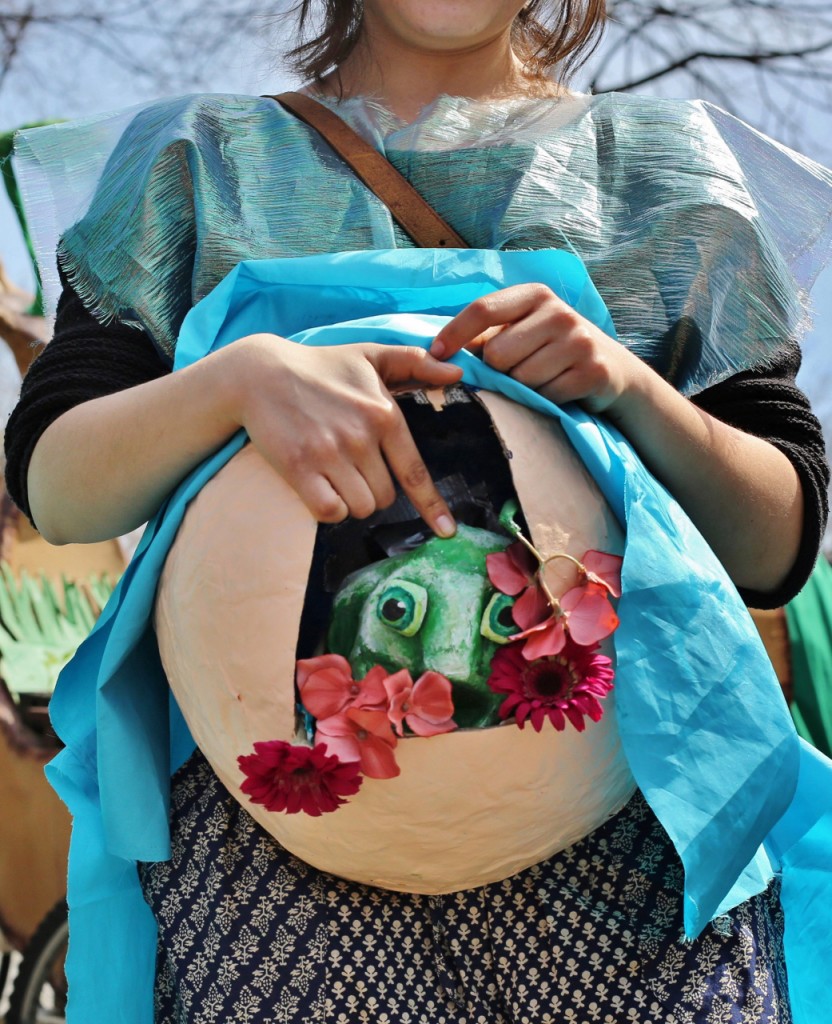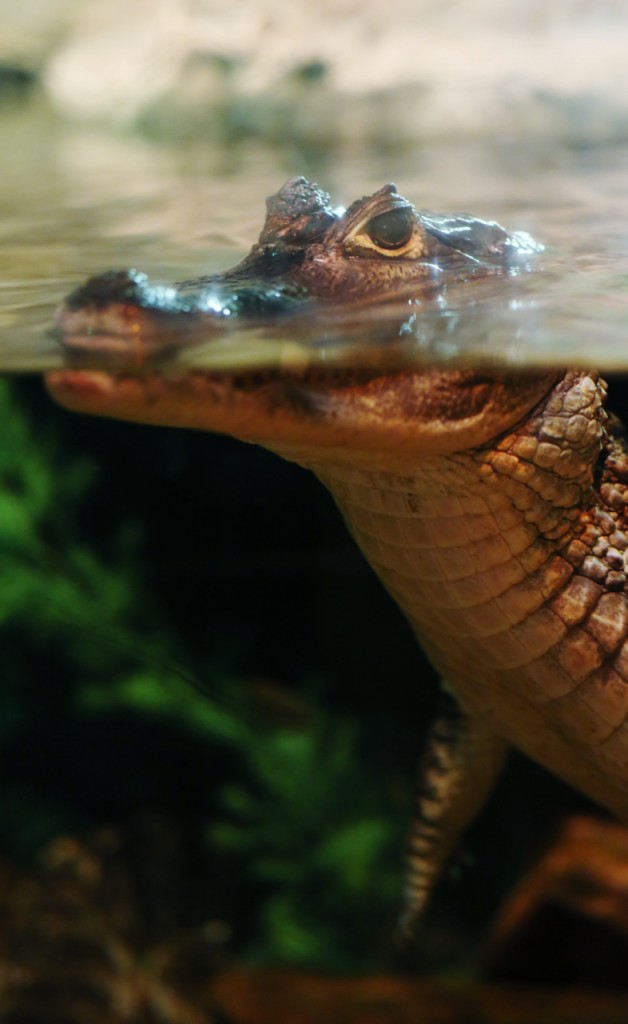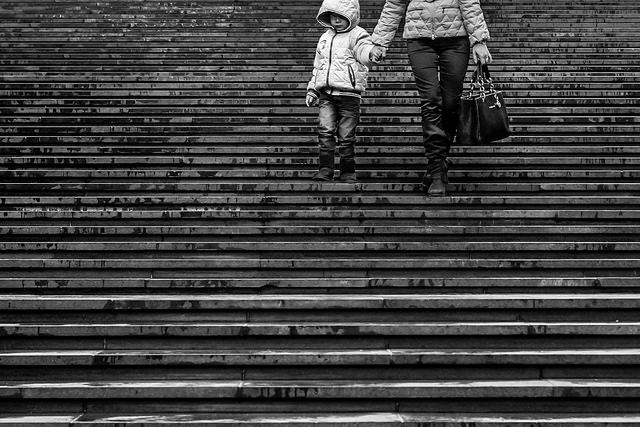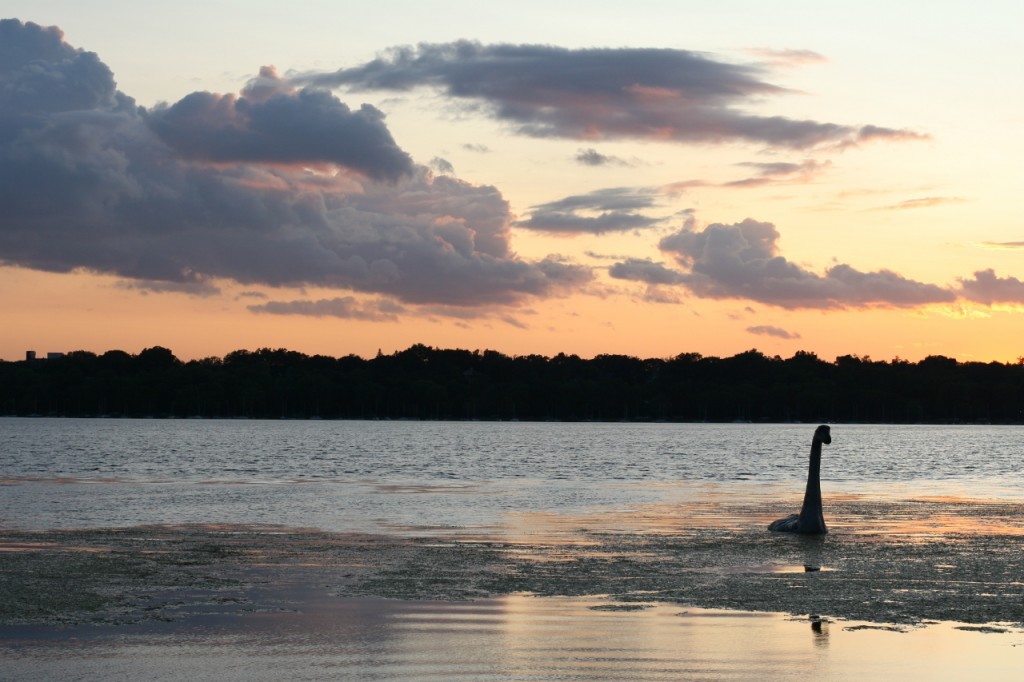
By Antonia Malchik
This is one of my earliest memories: I am three or four years old, scrabbling for a hold on a fallen tree while a river repeatedly pulls me under. I paw at the bark. The water is cold, moving fast and strong. It churns along with my other memories: the overturned Coleman canoe beating against the tip of the log, my father’s orange cap as he reaches out to pull my mother’s arm. When he has her, she lets herself drift to the sucking water that tries to drag us under the tree. She encircles me with her free arm, holding me above the current. My older sister has been balancing on the log, trying to reach me.
“How old?” I ask my sister Sasha. She is in California, sunny Santa Cruz. I am in dreary, garbage-scented Boston.
“Well, maybe you were two,” she says. Running water and the clink of plates tell me she’s washing dishes. “It was the guy they asked for directions from. They wanted to take us canoeing on the Madison, but he gave them directions to the Jefferson. It was a lot wilder.”
“So the canoe turned over in the rapids and we all caught onto a half-submerged tree, and…”
“Papa got pushed to the bottom several times before he got up. I climbed up the end, but Mama lost her hold of you and both of you were going under.” If I was two at the time, she would have been seven or eight. It surprises me, that this half-figment of half-memory—was my father wearing an orange cap?—is real to someone, that my sister remembers me half-drowning with clarity.
“How awful,” I say, as if the accident had recently happened to someone else.
A few years after that conversation my husband and I are in France for a wedding, in a small town between Nice and Monaco. The small, scruffy beach is next to placid Mediterranean water of such clear, bright blue it feels unreal. No matter where you swim, the water is never murky, and the bottom looks immediate, like a hologram.
My husband wants to dive from the floating dock a little ways off, so we swim towards it, he, the stronger swimmer, in front.
Halfway there I stop swimming. The water is clear. I can see the bottom. The dock isn’t far away. I try to convince myself to keep going, but my heart pounds, terrified of the water, of the depths, of the powerful, gentle-looking mass of a sea that is just longing to pull me under.
I turn around and head back to the beach, crawling onto the sand like I’ve been saved from a wreck, not caring what I look like in my very American one-piece suit and ridiculously pale, freckled skin that’s slathered in sunscreen. I long to be in that beautiful water, but I’m terrified of it. I know it wants to take me back.
•••
It’s not just deep water. I’m afraid of the dark, too, and ghosts, and the monsters under the bed. Frisson-filled, gut-freezing fear that tells me these things are real. It’s their reality that terrifies me—ghosts drifting through my house, creatures beneath my box springs, the dark night as a monolith of unknowable worlds seen through acid trips. Other things that keep me lying in bed, staring into the dark and unable to move: the weeping angels in Doctor Who, ruthless alien races that might someday invade from another star system, a future like that in I, Legend, where most of the surviving human population has mutated into zombie-like beings due to pharmaceuticals gone wrong (I consume a lot of science fiction). And, ever since I read Stephen King’s book Lisey’s Story, mirrors.
Fears of pain, nonexistence, and the unknown. Water holds all of them. To die in water can mean one’s body slips out of sight, taken below on bright, sunny days of children’s laughter bouncing into jet skis’ obnoxious roars. Arms overhead, legs kicking, and then fear itself winding around the ankles to pull gently down. Hair floating upward to greenish light as the body is forced to lie among the muck that ancient glaciers left behind. My phobia makes this end feel like fate. A lingering death, a cold one, leaving not even footprints, just the water and sunshine, laughter and jet skis.
In Babylonian mythology, Tiamat is the goddess of the ocean. Her mate, Abzû, is the god of fresh water. Tiamat is the embodiment of primordial chaos. Or she is the embodiment of harmony, uniting salt and fresh water for all of creation. She is a serpent, an early form of dragon, or a goddess who made dragons filled with poison. She was killed by other deities, who created the world and heavens from her body. Her tears formed the mightiest rivers.
I’d love to connect my water phobia to ancient creation stories, to turn my human life into sensical narrative. But I do not believe in mythologies. I do not, in fact, believe in anything I can’t see or feel or sense or prove. I believe in mathematics. I do not believe in ghosts or the monsters that lurk in dark lake bottoms.
Why, then, am I terrified of them?
The word frisson describes a thrill of fear or excitement, a sense of foreboding that defies precision. The word’s very existence is proof of our fears. It acknowledges that we are terrified of things we cannot see or sense or know. Our minds are frightened of what our bodies can’t feel—or is it the other way around? Is it the mind’s fear and the body’s reaction, or the body’s fear and the mind’s reactions? Where does the experience of that wild river, the log, my family’s terror, reside in my body? Why does my mind insist there is something down there, in the non-empty spaces of dark matter between rocks and silt and sightless water?
I can see it now, in this barely-lit room where my children are sleeping. It’s sifting around the pine trees and the rustling aspens outside, a nameless something that awakens very real fear. Can you feel it?
•••
An unfinished book sits in my drawer—or, not in a drawer but in a file on my laptop, our new drawers. It’s only partly written, set aside after a cross-country move and a year of living in someone else’s home while adhering to an exhausting work and parenting schedule. I touch the thought of returning to the book and feel wary. I say I don’t have time, and it’s true, I don’t. Not the kind of long, luxurious hours that extended writing demands to achieve any kind of depth. The lack of time I have is crushing. It’s its own being, monstrous and impenetrable like the obelisk in 2001: A Space Odyssey. A weighty horror.
I fear drowning under the lack of time. It holds books that I will never write. In that space is where I will cease to exist, fade away. And yet, why should I feel that way? Why must our names be etched in more than our immediate lives if we are to feel real and whole? Are we so terrified of being forgotten?
(Yes. We are.)
But caution also keeps me from diving into it again. A book is a long, sustained effort. It requires stamina, willpower, a certain quality of fearlessness to keep going when it feels your words have landed you in the middle of nowhere. I’ve been there before; this is the fifth time I’ve headed into those wide-open, unpredictable waters.
I fear venturing out there this time, kicking off again, not sure when I’ll get to the other side, and the petrifying thought of what’s lurking beneath the surface. Writing a book can lead to dark, unexpected places, once you let the words start to flow. What if I get to the middle and run out of energy, and the monsters snake around me as I try to tread water? What if I disappear?
It’s so much easier to stay in the shallows near the shore, penning smaller things, where I can see others’ faces, hear their laughter and splashes, even jump in deep sometimes and come straight back to shore.
•••
My husband and I went scuba diving once on the Great Barrier Reef, back when we were living in Australia. A tour boat scooted us and a dozen or so others out from Port Douglas and the guide gave a perfunctory ten-minute lesson in dive symbols: up, okay, help, shark. I was the only person who had never even snorkeled.
“You a water baby?” he asked me in that brisk Aussie twang. “You love the water?”
“Yes.” I do, I really do. I grew up in Montana, where my family hiked all the time, preferably up into the mountains, where ice-cold lakes sat in tiny dips of valleys. Any hike where I can’t jump into a lake or at least soak my feet in a river at the end of it felt pointless. I would swim in a lake every day if I could.
When he toppled me in, wet-suited and oxygen-tanked, I took a few moments to get used to the mask, and ended up hyperventilating, heading towards panic, until I figured out how to breathe all the way out as well as all the way in. A thirty-second lesson with more impact than years of yoga.
Then I followed the group down, arms at my sides to keep down oxygen use, and I wasn’t scared. Nearly forty feet below the surface, where the monsters supposedly lived, I had no fear. The colors were just as bright as in photos—blue, orange, yellow corals and fish; big feathery growths of red; strange, enormous clams that closed as our shadows passed over. “Don’t put your hand in one of those,” he’d warned us before we left the boat. “You won’t get it out again.”
The water was cold, even through the wetsuit. I emerged hungry for lunch and eager for the afternoon dive. There was so much beauty there, none of the dark mystery that haunted the lakes of my home state.
•••
I’d like my fear of deep water to be about something else, to turn it into a metaphor—for writing a book, for example, or for life and the risks we do or don’t take. But the near-drowning of my two-year-old self and her family, the sucking, surging power of that swift-moving river, were very real. When I long to swim across a lake, and flinch back because the water has become too dark and the monsters are waiting to get me, it’s not about taking risks in life and venturing into the unknown. It’s because I’m afraid of being pulled under and drowning.
We humans, we’re always seeking meaning. We want our suffering to have purpose, our fears to shape into Jungian explanations, our gods to exist. We are storytellers, symbol-makers. We find it hard to accept that not everything can be about something more.
You almost drowned because of our stupidity, says my father.
I almost lost you, my mother says to my sister and me.
•••
The town I live in is built on a lake, and in the summer we take advantage of that fact several times a week. I swim out to the lake’s floating dock with my kids safely lumpy in life jackets. We climb up the dock and my son jumps off and climbs out again, over and over until he can barely keep his head above water. He’d do this until the stars pricked out overhead and the water became frigid, if I let him.
My daughter doesn’t want to go under. After years of swimming lessons, she’s still afraid of submersion and doesn’t like getting her face wet. It’s okay, I tell her, you don’t have to. I sit on the dock and stretch my legs out. She slides down them, gripping my hands, the life jacket keeping her cork-bobbing in the water.
I never learned to dive, so I stand at the edge and jump straight in. Underwater, the tiny bubbles I’ve made fizz around my ears, and I bob to the surface and swim to my kids, listening to the ripple-rill of water over my shoulders. I love this feeling so much, more than almost anything, the splashes of the lake, the mountains chaining the valley. My son wants to swim out farther together and we take off. He can’t see the constriction in my chest, the fear gnawing my toes. I don’t tell him there are monsters out there.
•••
ANTONIA MALCHIK has written for Aeon, GOOD magazine, 1966, and many other publications. She is a regular contributor to Full Grown People and the managing editor of STIR Journal. You can read more of her work through www.antoniamalchik.com.

 Follow
Follow
